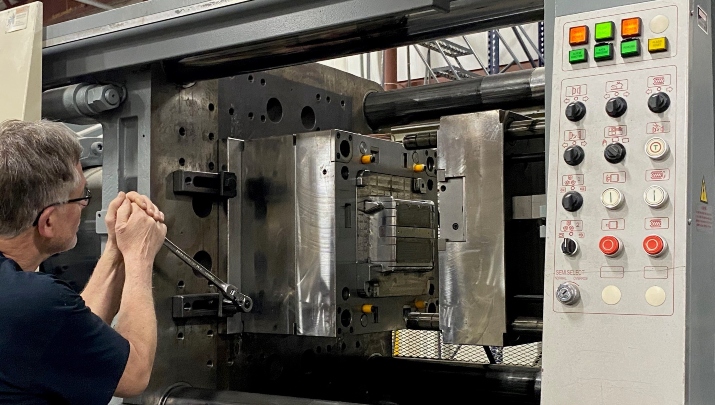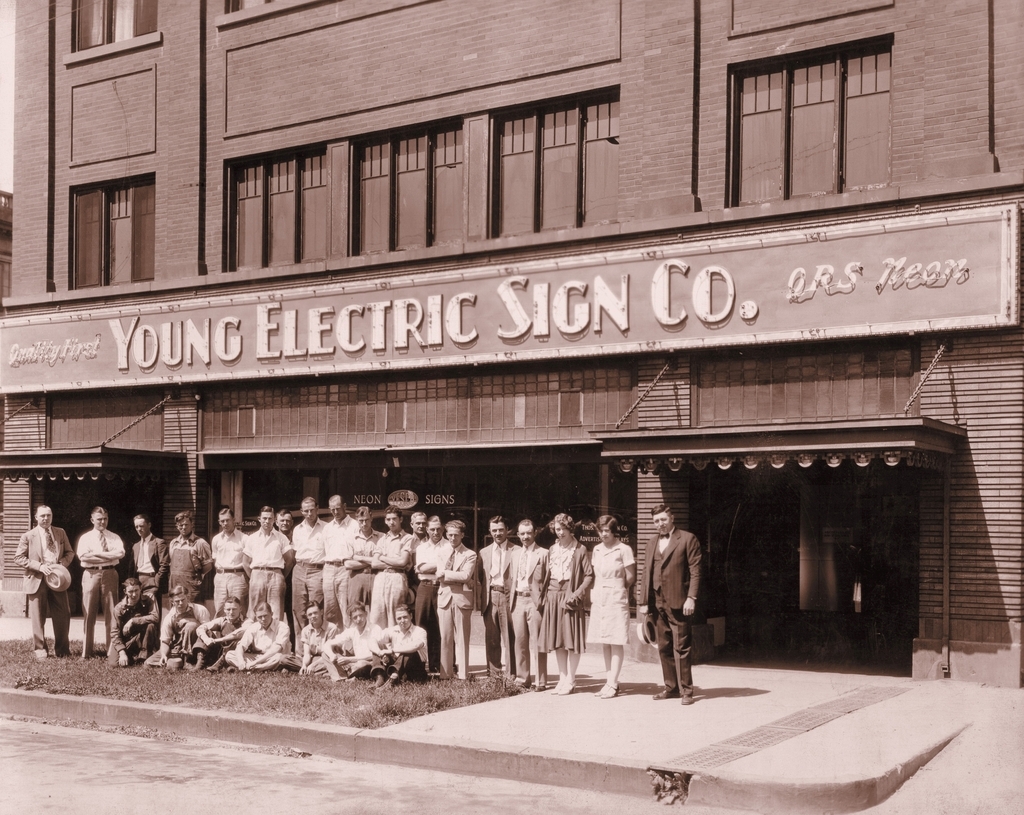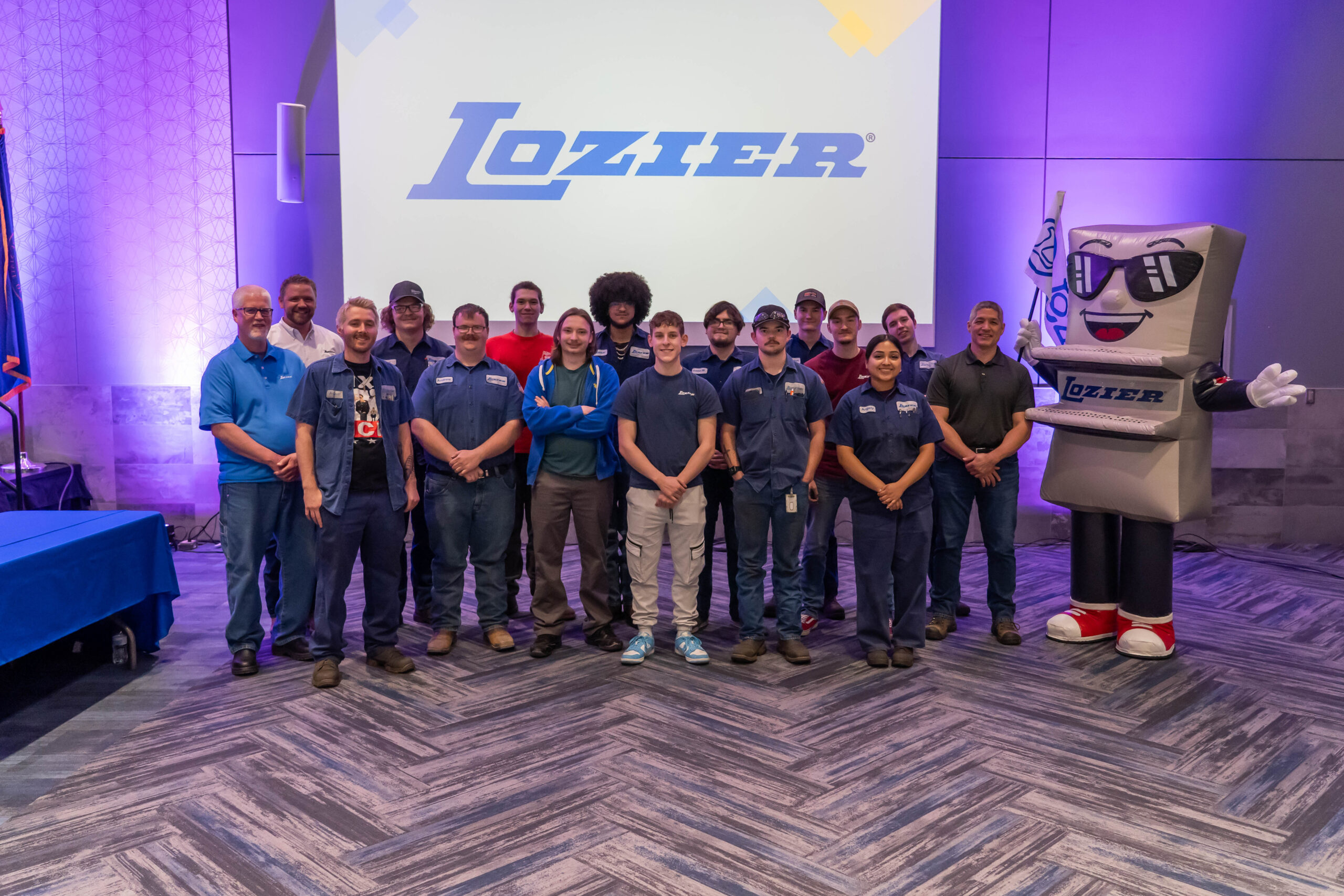
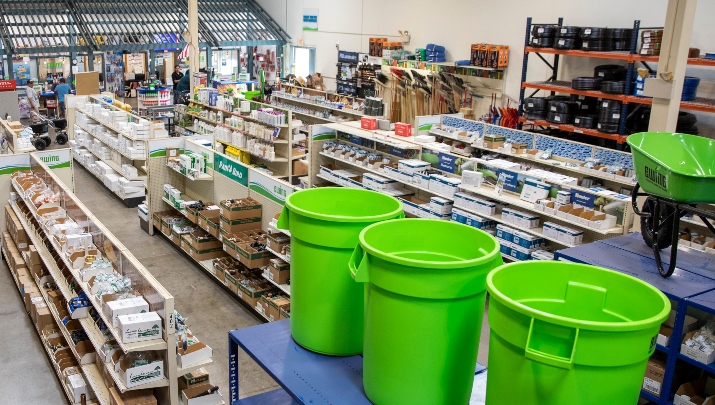
One Size Does Not Fit All
- Doug York
- Ewing Irrigation & Landscape Supply
I joined my family’s irrigation supply business in 1985, just as they opened their 12th location, and the first outside of California. I guess you could say that expansion was part of my story at Ewing Irrigation & Landscape Supply from the very beginning. As the 3rd generation President & CEO of an Evergreen® family business that now spans 30 states, expansion–through organic growth and acquisition–has been the order of the day and has taught me a plain but profound lesson: one size does not fit all.
Irrigation supply is, in its simplest form, a low margin business. We stock about 3,500 different parts in each branch to enable us to have enough inventory to supply an average job. In California, we found that the population supported locations as close as a 20-30 minute drive apart, and the level of population density dictated how we transported our products, organized our teams, and stocked our warehouses. Our core customer valued proximity and the inventory moved quickly, so that drove our expansion within the state. When we set out to grow into Arizona, our California business model was working well, so we thought we had a solid plan.
Some businesses can just replicate themselves from location to location and it works. Think of Starbucks or Walmart. We quickly learned, however, that this didn’t work for our business.
As it turns out, Arizona is not California. The population density is significantly less, and we found we had to adjust our models at just about every level. The products that worked well in California did not work as well in Arizona and the population couldn’t support stores so close together, so we had to change the way we stocked our supply centers and how we transported material. When we moved into Texas, the population density was more like California, but there were other significant differences. The target customers were bigger, the jobs were bigger, the equipment had to be bigger, and we had to adjust.
Since then, we’ve moved into many new markets, and we are getting better at being market adaptable. We evaluate a new market based on the following criteria of a Metropolitan Statistical Area (MSA): population, Gross Domestic Product (GDP), and above all else, housing growth. What we’ve come to expect is that markets that appear similar by the numbers reliably turn out to be unique.
Not all the surprises created difficulties; we hesitated for a long time before moving into “cold climates,” or ones that experienced the four seasons, imagining that they were not candidates for the type of irrigation systems we had been installing all over the west and southwest. It turns out that this climate created many repeat customers for us; when the pipes froze, as some of them did every winter, the customer would call us in the spring to re-install some of the equipment we had installed just a season before! It’s just part of the process in that climate. This continual base-maintenance has proven profitable and reliable, so we are looking at the East Coast as an area ripe for further expansion.
Up until 2018, most of our growth had been organic, with just a few small acquisitions. In 2018, we made our first significant acquisition of a company that focused on hardscapes, instead of irrigation. Water supply was starting to become an issue and, as a result, customer demands were shifting. Before, everyone had to have a green lawn. Suddenly, people were creating outdoor spaces that used less water.
We spent time learning how to adapt to this business, which proved to be quite different from irrigation. For irrigation, we typically stocked our inventory in warehouses that were 8,000 -10,000 square feet, sitting on roughly an acre of land. For hardscaping, we realized that we needed more land but could get away with fewer buildings, as a lot of the product could be stored outdoors. The product is also much less varied; we stock only about 120 items in an average yard to supply an average job, which simplifies many aspects of the process.
The most significant advantage of acquiring the hardscape businesses and entering this new market is that, as we look to expand, we already have a well-established and extensive customer base through our irrigation businesses in many areas of the country. Thanks to our name recognition and the great relationships we have with our customers as an Evergreen® company, we have found that when a customer decides to shift toward hardscape, they turn to us.
As Ewing grew organically, we learned that moving into a new market requires firepower and a willingness to tweak our model. When the firepower or the changes required appear too great, we make the call to stay out of that market for now. When we started making acquisitions, adaptability and willingness to reimagine established practices were again the keys to success.
Despite, or maybe thanks to all these learnings, we are looking toward the coming years with optimism. Between the expansion of the hardscape business as we develop it in parallel to our irrigation business and the organic expansion that now seems promising in colder climates, we see a path to future growth that has us excited. But if I have learned anything through the last 15 years, it’s to never get complacent, and to expect that even the brightest of futures will require that we stay nimble, open to change, and willing to roll with the surprises.
More Articles and Videos
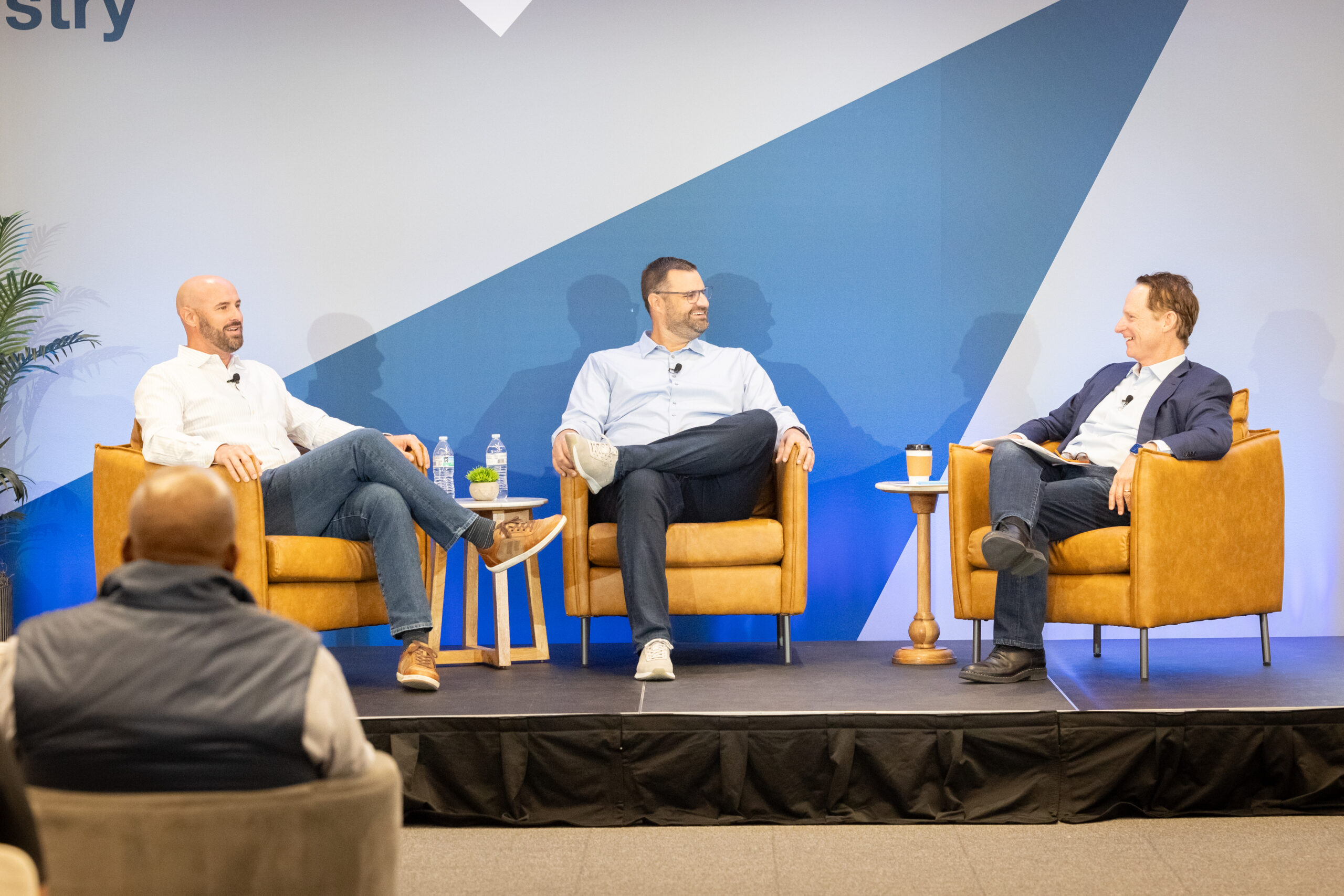
Fireside Chat with Dave Thrasher, Dan Thrasher, and Dave Whorton
- Dave Thrasher, Dan Thrasher, & Dave Whorton
- Supportworks and Thrasher Group

Get Evergreen insight and wisdom delivered to your inbox every week
By signing up, you understand and agree that we will store, process and manage your personal information according to our Privacy Policy
